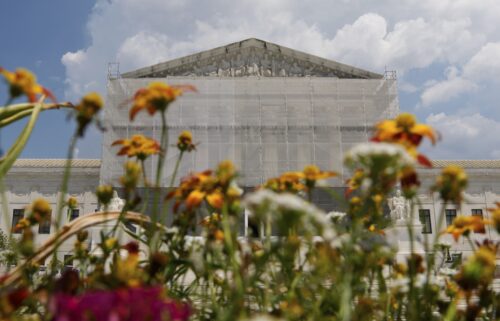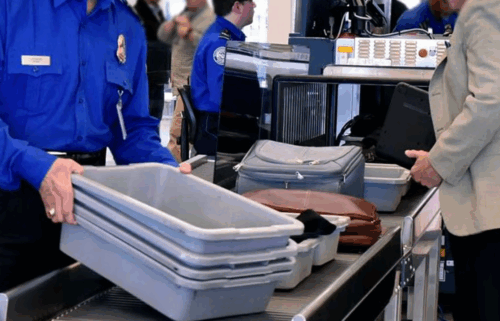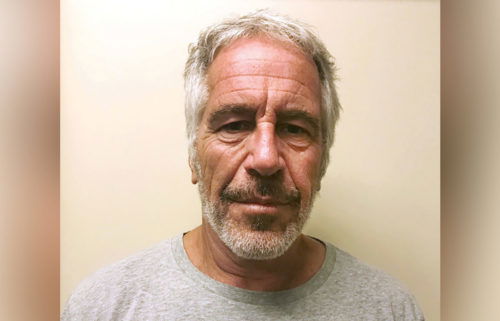People of color are three times as likely to live in most polluted places, new report says
Climate change has continued to decimate air quality in the United States, and a new report has found that more than 40% of Americans live in areas with unhealthy air quality, with people of color being the most negatively affected.
American Lung Association’s “State of the Air”‘ report, released on Wednesday, found that more than 135 million people in the US, about 41.1%, live in counties with unhealthy levels of ozone or particle pollution, which can lead to issues with asthma and, in extreme cases, lung cancer, the the association reported.
People of color are most affected — the report found that they are 61% more likely than White people to live in a county with a failing grade for at least one pollutant. They are also three times more likely to live in a county that failed all three air quality grades (ozone pollution, “short term” particle pollution and “year round” particle pollution).
“This report shines a spotlight on the urgent need to curb climate change, clean up air pollution and advance environmental justice,” Harold Wimmer, CEO and president of the American Lung Association, said in a statement. “The nation has a real opportunity to address all three at once — and to do that, we must center on health and health equity as we move away from combustion and fossil fuels to clean, renewable energy.”
The dangers of unhealthy air are immense.
Particle pollution — or unhealthy particles in the air from wildfires, coal plants or diesel engines — is particularly devastating for physical health, yet more than 20.9 million people live in counties where year-round particle pollution levels are worse than the national air quality limit, the association said. Year-round levels represent the concentration of particles every day in each location, rather than in short-term spikes.
In terms of ozone pollution — sometimes called smog, which can trigger asthma attacks and irritate the lungs — the US hasn’t been any better. More than 123.2 million people live in a county earning a failing grade for ozone pollution, the association reported. Los Angeles remains the worst city or this type of pollution, according to the report, and has been for all but one of the 22 years the organization has tracked.
All this is despite reports from 2020 showing that greenhouse gas emissions had dropped to record lows due to the Covid-19 pandemic.
The report did show a slight decrease compared to last year in some areas — this year’s report shows less people are living with unhealthy ozone pollution levels when compared to 2020. But the numbers were still worse than reports from 2017, 2018 and 2019, the association reported.
There was also little change regarding numbers on particle pollution.
“This year’s ‘State of the Air’ finds that climate change continues to make air pollution worse, with many western communities again experiencing record-breaking spikes in particle pollution largely due to smoke from wildfires,” the association said in a news release. “Changing climate patterns fuel wildfires, and also drive warmer temperatures that lead to more ground-level ozone pollution.”
Under the Trump administration, a number of EPA protections against emissions were rolled back or went unregulated, Paul Billings, the national senior vice president of public policy for the American Lung Association, told CNN last year.
“If there’s no environmental cop on the beat, we know that polluters will skirt the rules of the law, will cheat and will increase emissions,” Billings said of the 2020 report. “And pollution will increase. It has increased.”
On his first day in office, President Joe Biden took executive actions to rejoin the Paris Climate Accord, cancel the Keystone XL pipeline and direct agencies to review and reverse more than 100 Trump actions on the environment.




